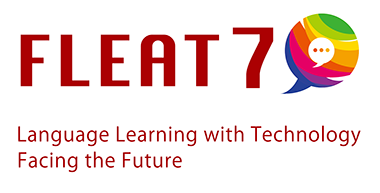


Biography
Hyeonjeong Jeong is a senior assistant professor in the Graduate School of International Cultural Studies at Tohoku University. She is also a cross-appointed faculty member at the Department of Human Brain Science at Institute of Development, Aging, and Cancer at Tohoku University. Her research interests include brain mechanisms of second language acquisition, in particular, the effect of cross–linguistic influence and social cognition in language learning and communication.
She has published articles in Human Brain Mapping,
Bilingualism: Language and Cognition, Language Learning, NeuroImage, and Neuropsychologia. For the academic year of 2016-2017, she was a visiting scholar in the Brain, Language, and Computation Lab at The Pennsylvania State University.
Keynote Presentation:
Abstract
One of the major questions in second language (L2) acquisition research is whether learning through an enriched environment, such as real-life communicative contexts or face-to-face interaction, improves L2 skill, and if so, how this works. In my talk, I present two strands of research which attempt to answer these questions from a social cognitive neuroscience perspective. First, I present a series of fMRI experiments that investigated how brain mechanisms of L2 learning from social contexts differ from those of L2 learning from translation. In this study, participants encountered new L2 words either in real-life situations (i.e., social contexts) or through L1 translation. While the former involves the integration of both verbal and non-verbal information, the latter relies on rote memorization. The learners who recruited the brain network involved in the processing of non-verbal information during learning were able to acquire and retain the L2 knowledge efficiently. Second, I present an fMRI study that examined how the mode of communication (i.e., online face-to-face vs. offline recorded video) influences brain mechanisms during L2 communication. Online face-to-face communication was found to elicit more balanced and varied aspects of communicative ability than offline recorded video communication. The findings indicate that L2 competence required in our global society may be effectively fostered through online interaction. Through this talk, I argue that cognitive neuroscience enables researchers to understand precise brain mechanisms underlying L2 learning and may provide pedagogical implications for L2 learning and teaching.